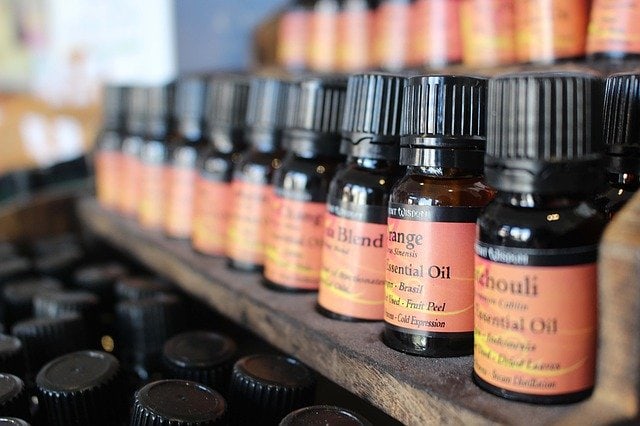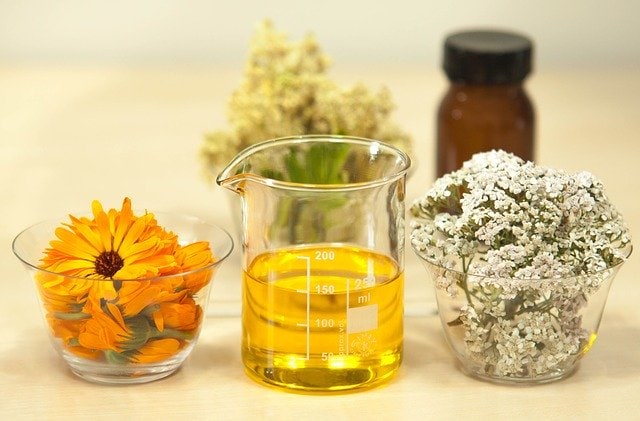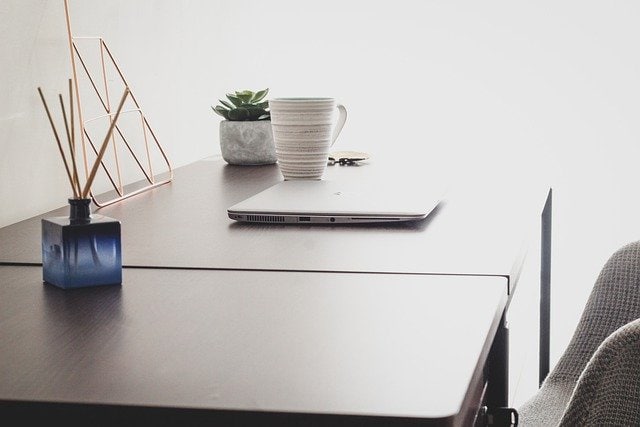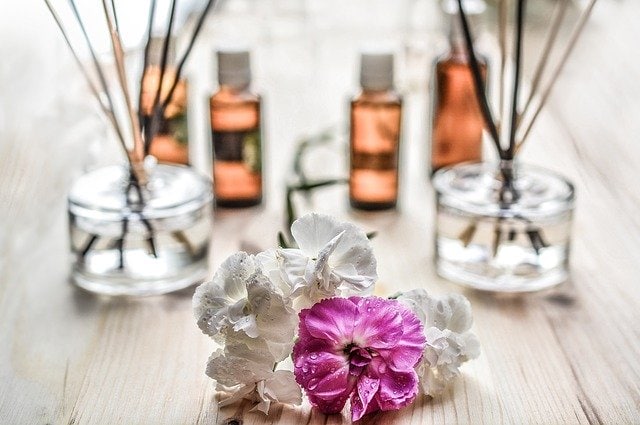Don’t we all enjoy the scent of flowers, the salty-fresh fragrance of the beach, or the zesty smell of a lemon tree? Humans have a special relationship with smells: they can trigger memories in an instant, transporting you across time or evoking strong feelings with just a whiff. Essential oils combine the potency of aroma with the benefits of herbs and flowers. Bringing you a happier and healthier home for your family.

In Australia, aromatherapy is a popular alternative treatment that uses essential oils to heal, relax, and offer therapeutic benefits. Australia is uniquely placed, literally and figuratively, with respect to essential oils and has some of the best essential oils to boast of. Thanks to our geographical separation, our plant life has evolved to include many distinctive species. Several such native plants are now being used to extract exclusive essential oils which have been part of aboriginal remedies for thousands of years.
Making use of the essential oils of plants and flowers in alternative therapies is a practice as ancient as civilization itself. Hundreds of thousands of Australians are buying and using these compounds to improve health and well-being. If you’d like to experiment with essential oils at home, it is a good idea to understand the composition of these oils first.
What are essential oils?
Essential oils are fragrant essences extracted from the seeds, flowers, fruit, stems, bark, roots, or leaves of several plants. The extraction is done through steam distillation or cold pressing, resulting in a super-concentrated oil or essence. These oils offer very powerful doses of healing properties and breathtaking aromas.
What you should know before you use essential oils
Essential oils are very strong and should never be applied directly to the skin. You should always use a carrier oil – a mild unscented oil that dilutes the essential oil so it can be safely used on your body.

Good carrier oils are:
- Sweet Almond oil
- Avocado oil
- Jojoba oil
- Apricot kernel oil
- Olive oil
Ensure that you blend the essential oil with the carrier oil in the recommended quantities. Always doing a patch test on your skin before you begin a full treatment.
What are the benefits of essential oils?
Essential oils have been used for thousands of years in Eastern medicine and are believed to contain immense healing benefits. A growing body of scientific research supports the use of essential oils to help with several health concerns such as:
- Lung and sinus congestion
- Fatigue and tiredness
- Brain fog
- Pain management
- Inflammation
- Depression
- Digestive issues
Many people like to use essential oils in their homes as natural alternatives for cleaning, and home fragrances, as well as in eco-friendly bath products and lotions. If you don’t have any of the above conditions, you can use essential oils to help you:
- Sleep better
- Manage stress and anxiety
- Relax and unwind
- Feel alert and energized during working hours
- Manage mild complaints like headaches, colds or coughs
Using essential oils at home

Before you begin using essential oils, do some reading to make sure you understand the qualities of the oil, its benefits and contraindications.
You can use essential oils in different ways. Different methods result in different rates of absorption into the body. Here are some ways to use these oils:
- Soaks
- Compresses
- Massaging onto the face, hair and body (when blended with a carrier such as jojoba or almond oil)
- Steam inhalation
- Diffusion into the air
- Inhaling them nasally from a cloth or the bottle
- An oil-infused bath
What are the best essential oils to begin with?
The range and depth of aromatherapy oils offer plenty of options. Given below is a list of the most widely used and best essential oils for a whole range of benefits and health conditions:
Lavender oil
With its deeply calming aroma, lavender is known for its ability to relax both the body and mind, relieve stress and anxiety and encourage restful sleep. You can place 2-3 drops in a diffuser in your bedroom to help you feel drowsy and relaxed at bedtime.
Sweet Orange oil
The citrus scent of this oil makes it perfect for use in a diffuser or as a natural cleaning agent in your home. Add a few drops to a diffuser to scent your home and keep you feeling alert.
Geranium oil
It is widely used as a room freshener in diffusers, thanks to the floral and slightly fruity aroma, while its freshness has been known to help relieve stress and irritability.
Lemon oil
It is an essential oil powerhouse thanks to its antibacterial, antifungal, anti-inflammatory and antioxidant properties. This versatile oil can be mixed with water for household cleaning, applied to the skin when blended with a carrier oil, or in a diffuser to lift the spirits.
Tea Tree essential oil
A strong antiseptic and antibacterial essential oil, Tea Tree oil is used for cleaning the home to deodorize strong scents and deter insects. When blended with a carrier oil, it is great for skin conditions like eczema and acne, or as a hair and scalp treatment.
Ylang Ylang oil
This exotic oil is effective for soothing and softening the skin when applied topically, while its fragrance fights off fatigue and promotes restful sleep. It is renowned for its aphrodisiac properties and is often used in bath and body products.
Lemongrass oil
This essential oil has a fresh citrusy scent that is great for helping you relax. When blended into a carrier oil and massaged on the skin, it relieves tension and stiffness and does wonders for naturally oily skin types.
Lemongrass oil is a favourite oil for yoga studios and spas, thanks to the calming qualities of its scent.
Peppermint oil
Peppermint oil is revitalizing and effective at fighting fatigue and tension. It works well when blended with a carrier oil or added to warm water for a soothing treatment for tired feet. Use in a diffuser to stimulate mental agility and concentration or as a natural additive for household cleaning.
Eucalyptus oil
This oil is a natural decongestant and is very effective for steam inhalation to open blocked sinuses. It has a minty green scent that is highly invigorating when added to a diffuser as a room fragrance.

Do note that these oils have the potential to be irritating to the skin. Always do a patch test before using it on your body, and avoid using it near your eyes or mouth, or on private parts.
Essential oils should not be applied to your skin before you go into direct sunlight as they may make you prone to burning or rashes.
If you are pregnant, breastfeeding, using medication or have serious health conditions, it is best to consult your doctor before using essential oils.



